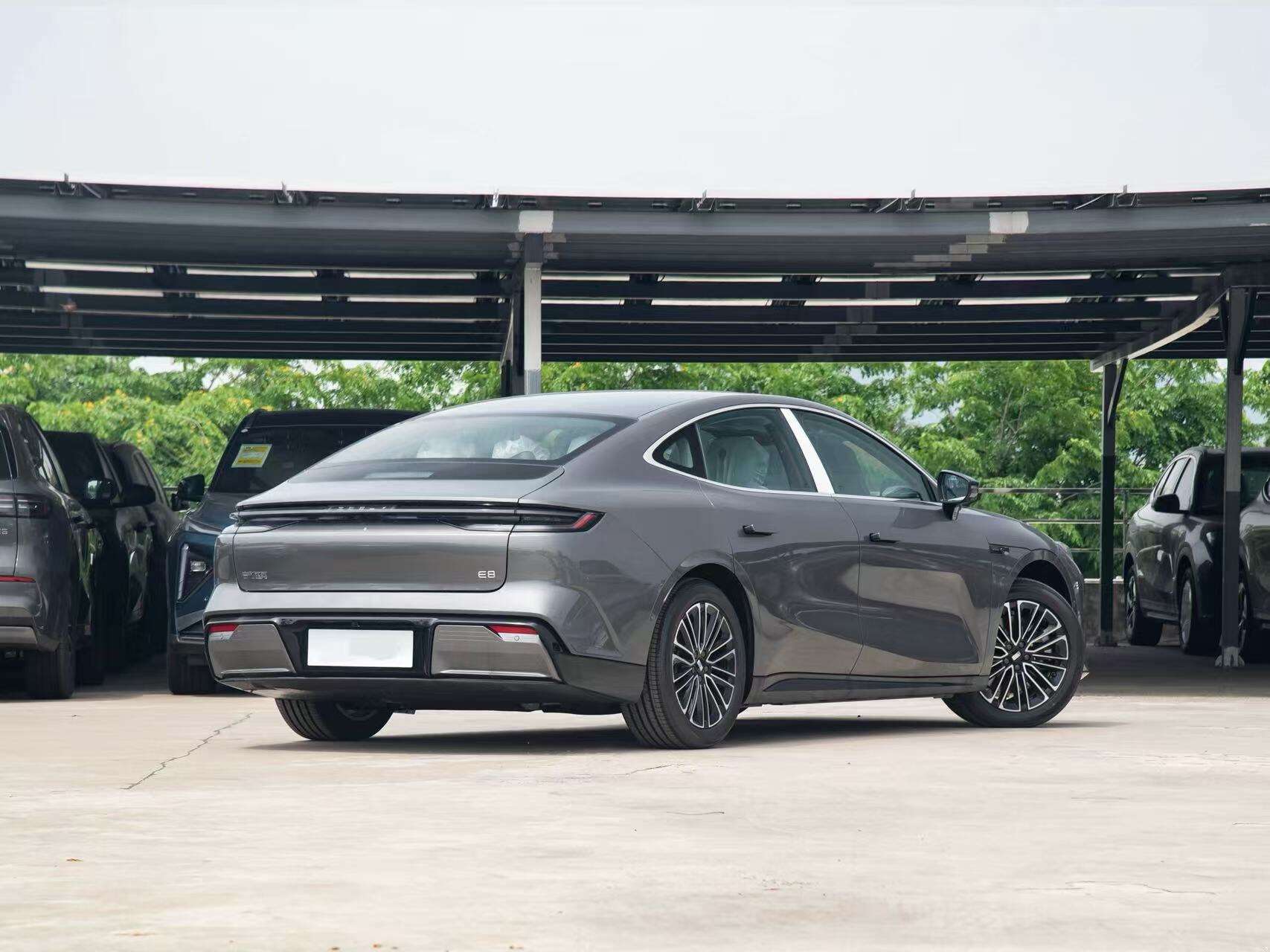air powered car engine
The air powered car engine represents an innovative approach to automotive propulsion that harnesses compressed air as its primary power source. This revolutionary technology stores compressed air in specialized tanks, which is then released in controlled bursts to drive pistons that power the vehicle's wheels. The system consists of several key components including a high pressure storage tank, pressure regulators, air injection system, and modified cylinders. When activated, the compressed air expands rapidly within the cylinders, creating mechanical energy that drives the vehicle forward. The engine's design incorporates advanced thermal exchange technology to maximize efficiency and prevent freezing during rapid air expansion. Modern air powered engines can achieve speeds of up to 70 mph while producing zero direct emissions. The technology features sophisticated electronic control systems that regulate air pressure and flow, optimizing performance based on driving conditions. These engines are particularly well suited for urban environments, where their zero emission operation and quiet running characteristics prove advantageous. The system can be recharged using standard air compressors, making it highly accessible for everyday use. Recent developments have introduced hybrid versions that combine compressed air with small conventional engines for extended range capabilities.


